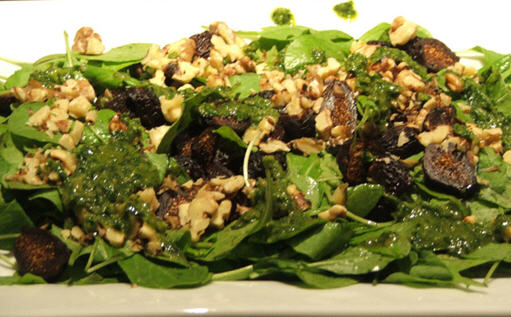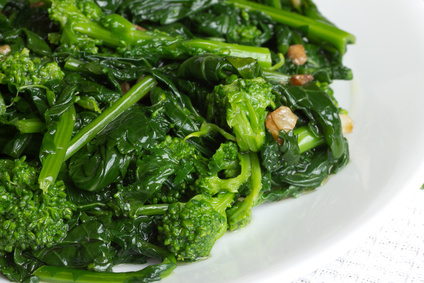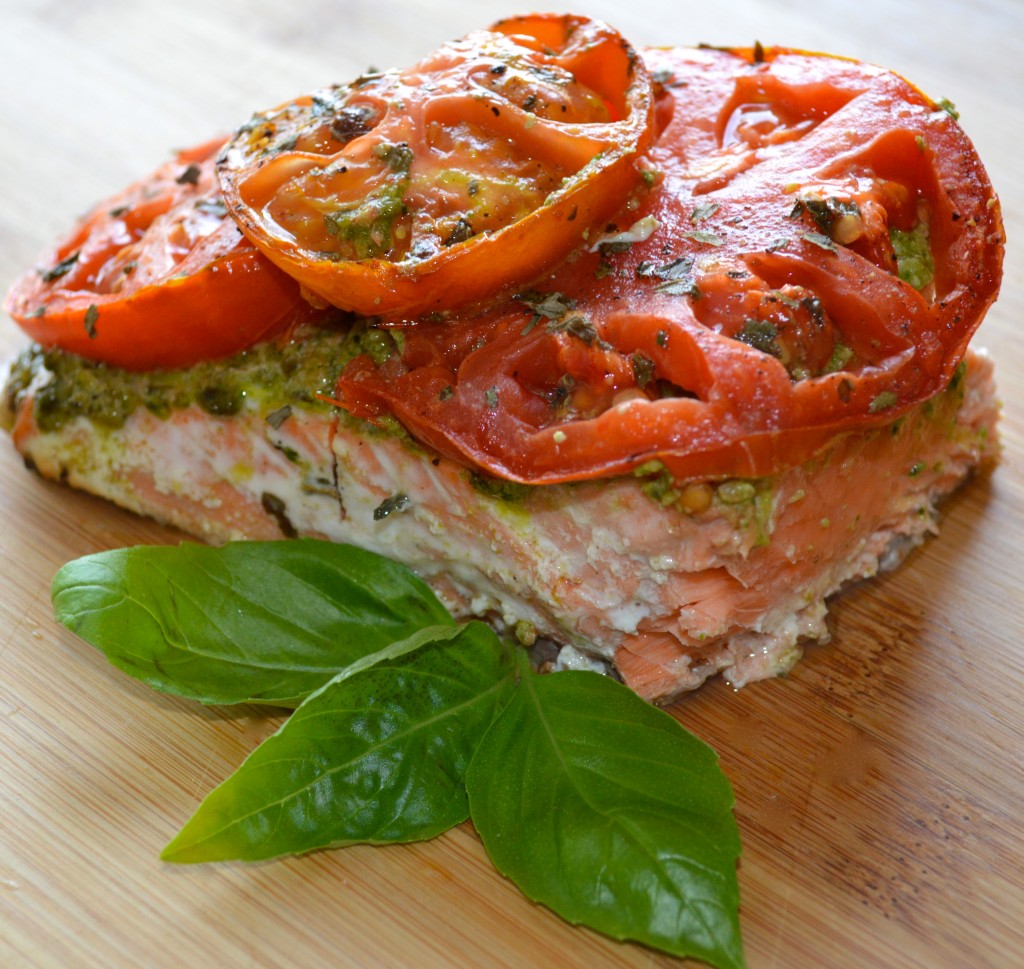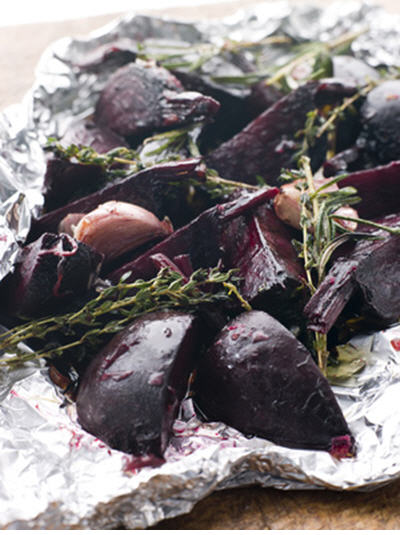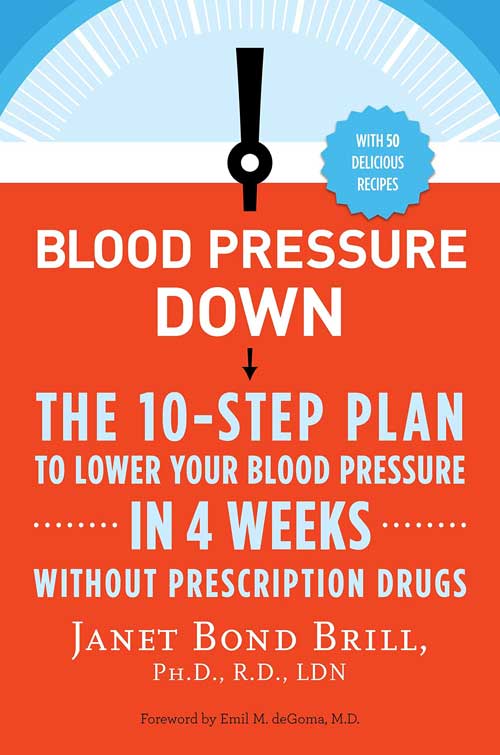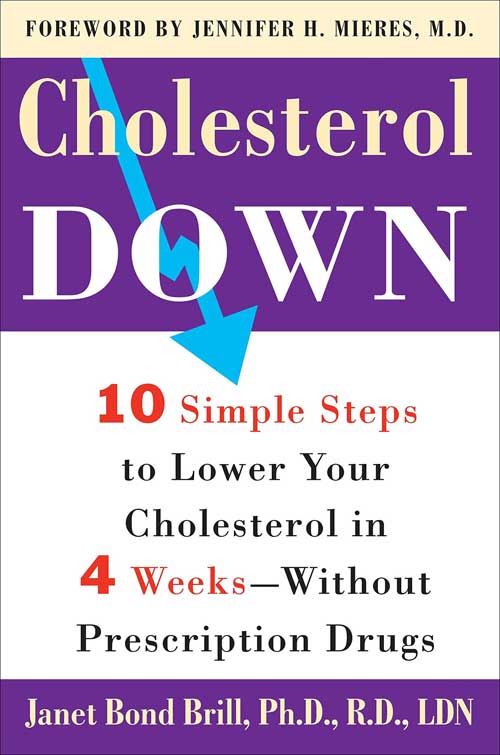By

Q: Is a liquid diet (such as “juicing”) safe?
A: I am not a big proponent of “juicing” or any other type of liquid diet. I especially object to the false or misleading claims that frequently accompany these unproven and potentially dangerous nutrition tactics.
Oftentimes juicing regimens are linked with the concept of detoxification, or “flushing the body of toxins.” What’s more, detox diets sometimes advocate additional techniques such as laxatives and enemas to help “cleanse” the intestinal tract.
The premise that toxins build up in our bodies and that we need to cleanse our bodies by resorting to fasting or juicing regimens to get rid of them provokes fear in people and is simply not supported by scientific evidence.
In fact, the body has its own built-in cleansing systems—namely, the liver and kidneys—that specialize in rounding up toxins for excretion in the urine and stool.
That said, juice does have many redeeming qualities (some are loaded with vitamins, minerals and disease-fighting antioxidants) as long as they are consumed in small amounts as an addition to a healthy whole foods diet.
Concord grape juice, pomegranate juice and orange juice (with added calcium and vitamin D) are a few of the highly nutritious juices out there that top my list.
Just remember, though, juices concentrate the calories; one 8-ounce glass of OJ contains 110 calories and 0 grams of fiber—that’s the calorie count of two small oranges, which provide a total of 6 grams of dietary fiber!
So don’t make those juice glasses a bottomless pit or you’ll pay at the scale.
The take-away message: NOTHING beats the nutritional benefits of eating a plant-based diet filled with whole fruits and vegetables, whole grains, lean protein and healthy fats. Add daily exercise to the mix and you have the secret for good health and longevity, a benefit that no liquid diet could possibly provide.




